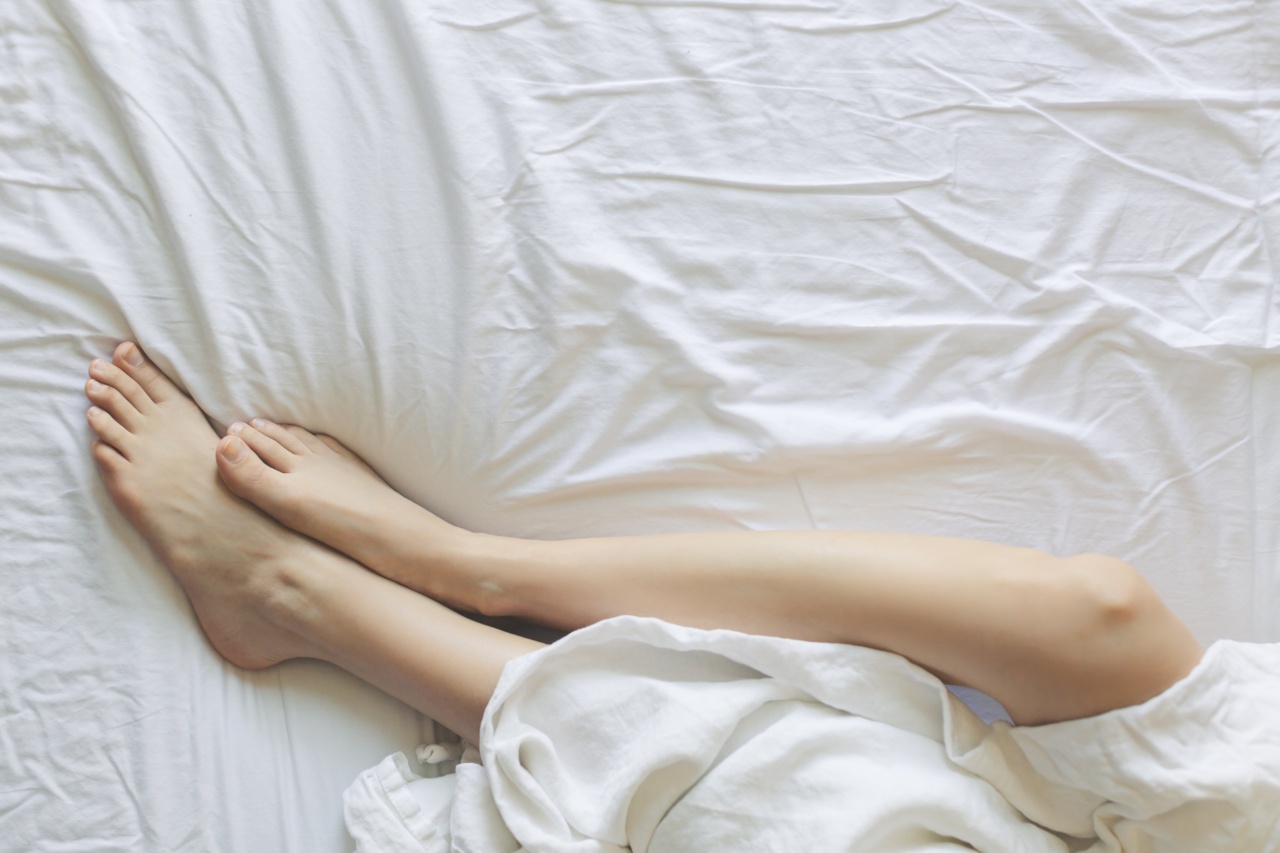Sleep is often overlooked when it comes to skincare, but it plays a crucial role in maintaining the health and appearance of our skin. While we sleep, our body regenerates and repairs itself, and this includes our skin cells.
Lack of sleep can lead to numerous skin problems, such as dullness, dryness, acne breakouts, and even premature aging.
Understanding the Science Behind Sleep and Skin Rejuvenation
During deep sleep, our body increases blood flow to the skin, providing it with essential nutrients and oxygen. This increased blood circulation helps in the production of collagen, a protein responsible for maintaining skin elasticity and firmness.
Moreover, sleep allows the release of growth hormones, which aids in the repair and renewal of damaged skin cells.
Additionally, sleep promotes the balance of cortisol, a stress hormone that, when elevated, can contribute to skin inflammation and breakouts.
By maintaining a healthy sleep routine, we can keep our cortisol levels in check and prevent skin issues associated with stress.
The Link Between Lack of Sleep and Skin Problems
When we don’t get enough sleep, our skin’s barrier function is compromised. The skin becomes more prone to dehydration, leading to dryness and flakiness.
Lack of sleep also disrupts the moisture balance of our skin, causing it to produce excess oil and leading to acne breakouts.
In addition, inadequate sleep can weaken the immune system, making our skin more susceptible to infections and inflammation. This can worsen conditions such as eczema, psoriasis, and rosacea.
Tips for a Good Night’s Sleep and Radiant Skin
1. Establish a bedtime routine: Creating a consistent routine before bed can signal to your body that it’s time to wind down and prepare for sleep.
Include soothing activities such as taking a warm bath, reading a book, or practicing relaxation techniques like meditation or deep breathing exercises.
2. Create a sleep-friendly environment: Make sure your bedroom is cool, dark, and quiet, as these conditions promote a more restful sleep. Consider investing in blackout curtains, earplugs, or white noise machines if necessary.
3. Limit exposure to screens before bed: The blue light emitted by electronic devices can interfere with your sleep patterns. It’s best to avoid using smartphones, tablets, or laptops for at least an hour before going to bed.
Instead, engage in relaxing activities or read a printed book.
4. Follow a regular sleep schedule: Try to go to bed and wake up at the same time every day, even on weekends.
Establishing a consistent sleep schedule helps regulate your body’s internal clock, making it easier to fall asleep and wake up refreshed.
5. Create a calming bedroom environment: Invest in soft bedding, comfortable pillows, and a mattress that provides the right level of support. Your sleep environment should feel inviting and induce a sense of relaxation.
6. Avoid stimulants close to bedtime: Limit your consumption of caffeine and avoid heavy meals, alcohol, and cigarettes close to bedtime. These substances can interfere with both the quality and quantity of your sleep.
Skincare Tips to Enhance Sleep-Induced Skin Rejuvenation
1. Cleanse your skin before bed: Remove all makeup, dirt, and impurities from your face before going to bed. Use a gentle cleanser suited for your skin type to prevent clogged pores and breakouts.
2. Use a hydrating moisturizer: Apply a nourishing moisturizer suited for your skin type to keep your skin hydrated throughout the night. Look for ingredients like hyaluronic acid, ceramides, and antioxidants to lock in moisture and promote skin repair.
3. Incorporate retinol into your skincare routine: Retinol, a form of Vitamin A, has been proven to boost collagen production and reduce the appearance of fine lines and wrinkles.
Apply a retinol-based product at night to enhance skin rejuvenation while you sleep.
4. Try a sleep mask or facial oil: Sleep masks and facial oils can provide an extra boost of hydration and nourishment to your skin. Look for products infused with soothing ingredients like lavender or chamomile, known for their calming properties.
5. Invest in a silk pillowcase: Sleeping on a silk pillowcase can help prevent friction and minimize wrinkles. Silk is gentle on the skin and hair, reducing the risk of skin irritation and frizzy hair in the morning.
Conclusion
Prioritizing sleep can yield remarkable benefits for your skin’s health and appearance.
By understanding the science behind sleep and skin rejuvenation, adopting good sleep habits, and following a targeted skincare routine, you can unlock the power of “beauty sleep” and wake up to better, glowing skin. Remember, getting enough sleep isn’t just luxurious; it’s essential for your overall well-being.






























